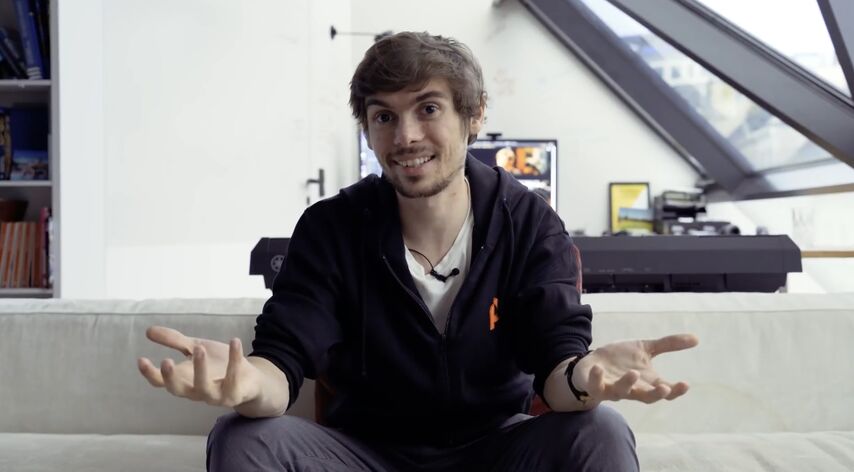(Editor's Note: We continue our series of video breakdowns made by one of poker's most elite players: Fedor Holz)
Hello everyone, this is Fedor Holz. I am often asked how to become a professional poker player. In this video, I will give three main tips that will come in handy if you want to go pro.
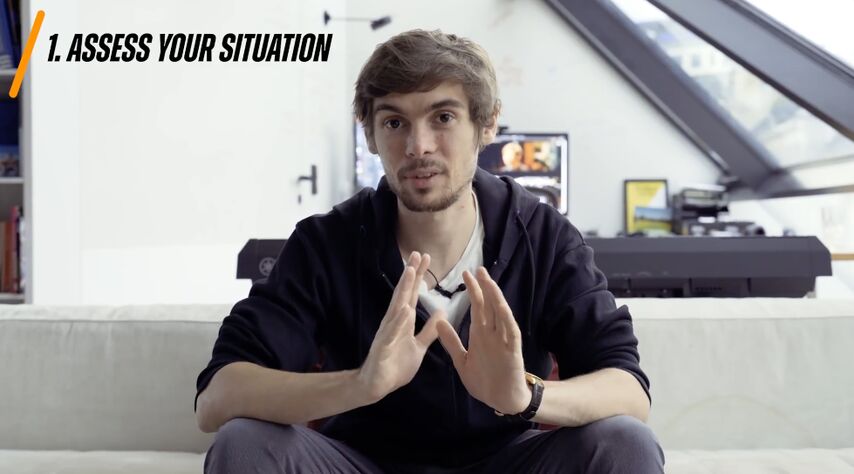
The first and, it seems to me, the most important thing is to evaluate your starting situation. Take a complete inventory, and do it soberly and objectively. Why is it important? Many people who want to go pro have no idea what their level actually is.
Of course, it is impossible to answer this question precisely, but you can always give a good approximate answer. If you tell me everything about how your poker career developed, and give you statistics, ROI, results at all limits, I can fairly accurately determine your level. So the first thing you need to do is evaluate your ability to play poker.
However, that's not all. You should also take into account your life situation because your life situation and your current level of play work together. A beginner can still make a good plan to go pro, it just takes longer. When you know nothing at all, you cannot expect to reach a professional level in three months. It will probably take a year, maybe a year and a half or two, depending on how much time you are willing to devote to learning, how quickly you are able to learn, how effectively you know how to structure the learning process, and in what environment you move. There are many factors influencing the final result, but the most important thing is to correctly assess your initial situation and look at the prospects soberly, trying to avoid inflated expectations.
If you currently work a full-time job but want to become a professional player, you need a plan to transition into poker. You have a clear goal, and your task is to competently manage the transition from your current situation to a life where you only play poker. In my opinion, it is impossible to combine high-level poker with professional activities in another field. At least, I can't think of any such example. Lifestyles are too different and it takes too much time to keep up on all fronts. Therefore, I believe that if you have a job, then poker will always be a hobby for you, but it will never become a profession.
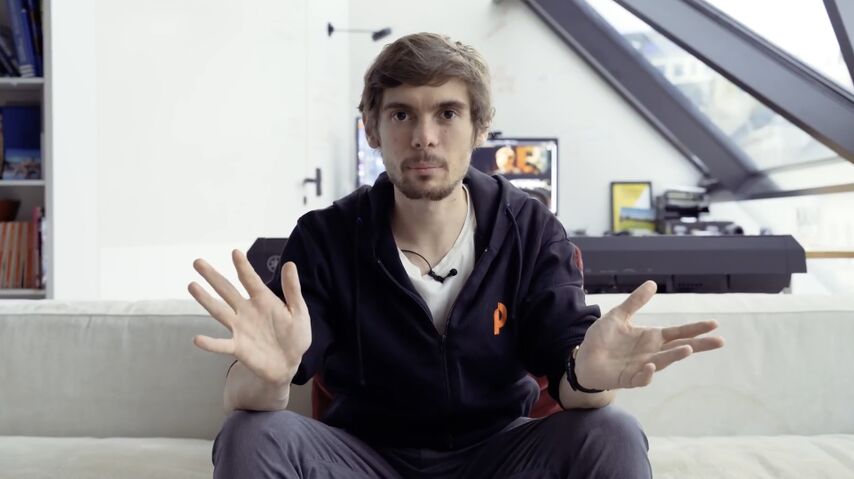
This is why it is so important to take a complete inventory and be as honest with yourself as possible. Don't overestimate your prospects, manage your expectations. You can't expect to be the best in the world if you spend 10 hours a week playing poker. 40, 50, 60 hours a month is not enough to just break into the profession. If a person is not ready to allocate more time, this is a bad sign: apparently, he is not psychologically ready for change.
At first, everything needs to be questioned: your level, approach, working methods... Don’t hesitate to ask players who have achieved some success what their approach was, try to find a professional who could help assess your current level.
There are now a lot of excellent training materials in the world that help you take the first steps towards a professional level. An amateur player who wins at low limits, but does not know how to move on, will receive all the necessary information on educational sites, but he will need to invest a lot of time and effort.
A small positive ROI in tournaments with an average buy-in of $5-$10 is a good starting point. In a year or two, you will learn to hit the mid-stakes and move up to the high-stakes. I truly believe that getting through the mid-stakes in poker is still quite easy. But it’s already very difficult to rise above the high stakes, including on online sites like GGPoker.

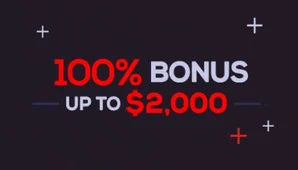
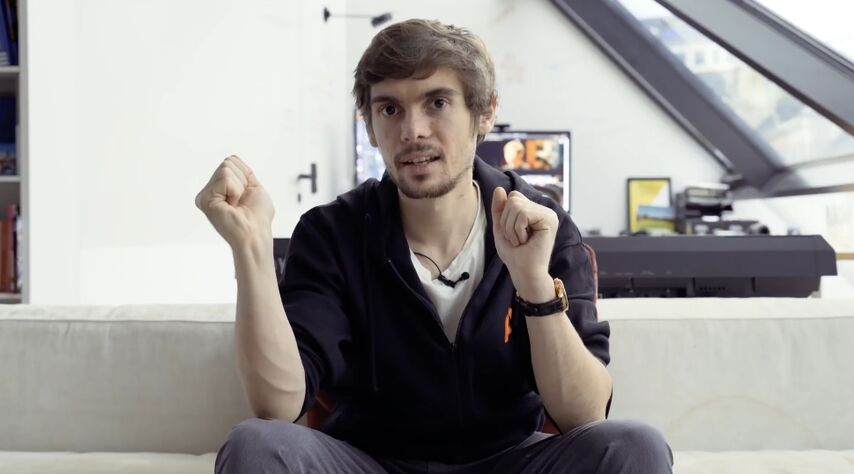
Confidently beating the average buy-in of $100-$150 is a relatively easy goal to achieve, but winning higher is disproportionately more difficult. Why do I think so? My experience is that very few mid-stakes regulars really work hard. Therefore, if you are ready to make sacrifices, are ready to regularly, and purposefully work on the game, you will inevitably break through.
The second most important step is to regularly work on the game.
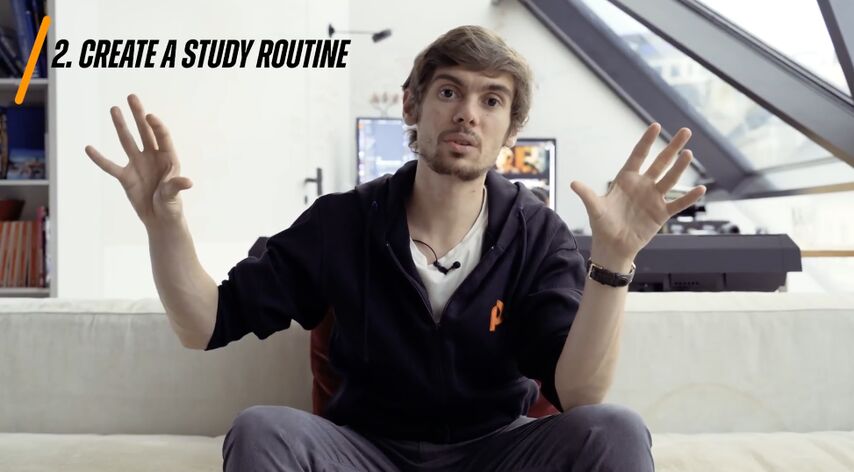
You have assessed your starting position, decided what you are ready to strive for, and allocated hours to work on poker. Now you need a study plan to make the most of your time. Working without a plan is a huge and very common mistake. And the reason most often turns out to be laziness.
People are usually ready to grind, but too often they play on autopilot, without digging into situations, without questioning their decisions during the game, without marking difficult hands for further analysis with colleagues or a solver, and so on. Raising your level in poker is very simple – just don’t be lazy and do everything I said. Use an ICM calculator to perfect your short-stack pushfold game. Work with the solver to improve postflop. Always playing with a neat and well-learned preflop game is, by the way, the easiest way to dramatically improve the quality of your game! When I see someone with suboptimal preflop performance, to me it's always a sign of a lack of diligence. A perfect preflop game is the most accessible thing in poker! We have all the answers, and, by and large, there is nothing to discuss there.
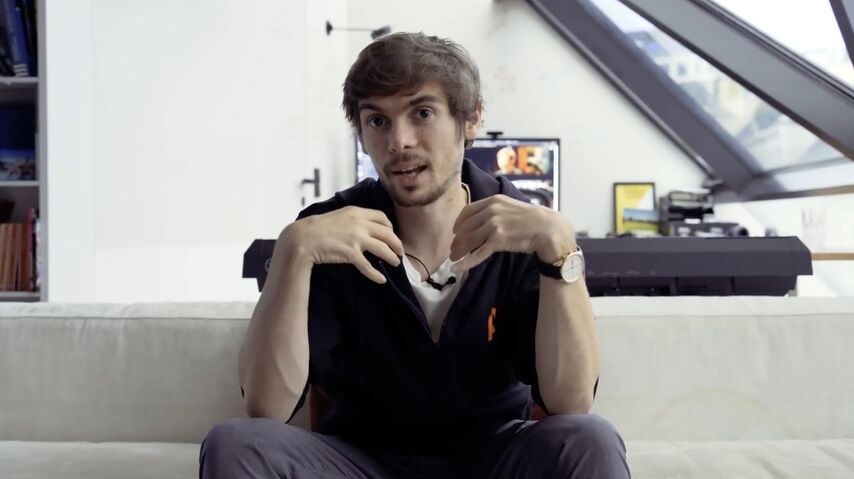
Everyone has the same problems: incorrect opening ranges, not defending the big blind often enough, 3-betting, and calling in position too rarely. This is very easy to fix. You can be wrong by one combination, but by two or more is unacceptable.
When analyzing hands, first formulate the logic of your line, and then attack it using, for example, software. I'm currently working on a game almost exclusively with a solver. The limits are high, but the essence does not change: first I clearly state the logic of the solution, and then I try to polish it or find holes in it.
Important point: always work with wide ranges. Button versus big blind. Small blind versus button. Blind versus blind. We play most hands in these positions, and correct actions in them will give the maximum increase in expectation. We don't need to dive into a difficult spot on the river that will never happen again unless we can use the same logic in other similar situations. Work on the flop. You must be familiar with all textures and know all sizings.
The second important point: when working with a solver, never analyze a stack larger than 50bb. MTT is a short stack game. You should be great at 20bb, 30bb, 40bb. That's where you win your money.
For your curriculum, identify priority areas and allocate time for them. You need to exercise every day. If you don't work at least two hours every day, you will have a hard time accumulating enough knowledge to get ahead of the field, which is what matters most. Our goal is to become stronger than the field as quickly as possible and grow faster than our opponents.
In general, my second piece of advice is that in order to become a professional, you must take your theory classes as seriously as possible and devote a lot of time and effort to them.
The third tip, and this is my main secret weapon, is to find people who will help you.
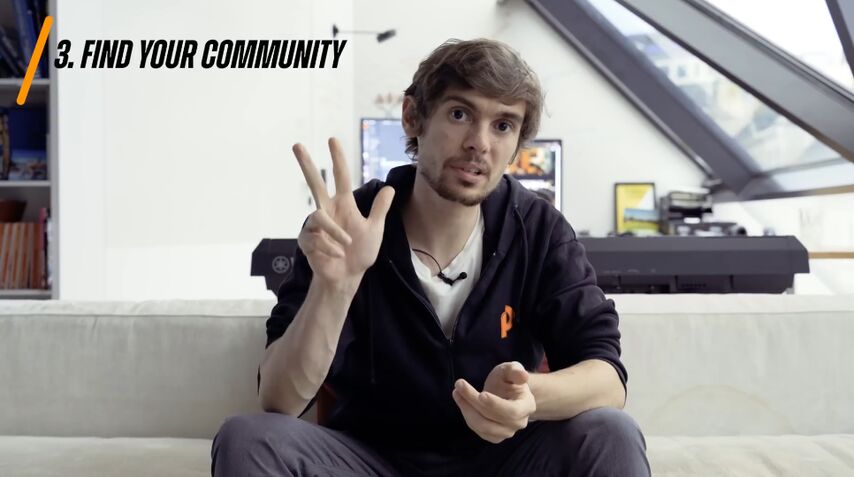
You need to assemble three groups. First, the students. Teaching is very useful: in order to convey your thoughts to another person, you have to put them in order! If you can't formulate an idea, it usually means that you don't understand it well enough; it's a weak spot that you need to work on.
Secondly, comrades are people of approximately the same level as you, with whom you work together on the game. You play at the same limits, face similar problems, and solve them together. This is the most important group. You move together and support each other in difficult times. Walking this path alone is disproportionately more difficult.
Thirdly, coaches. People who have successfully played at the limits you aspire to, who have solved many of the problems that bother you, people whose achievements inspire you.
Ideally, you need all three groups – inspirers, teachers; comrades walking the same path as you; students who follow you. They all give very useful feedback.
Organizing these three groups was a turning point in my career and helped me achieve all the success that made me famous in the poker community. At one time, I regularly worked with high-level coaches and learned a lot from them. Everyone knows about my comrades, a team of young Germans with whom we grew up in the limits, constantly exchanged ideas, played together, and traveled to tournaments – many of them are now also showing excellent results. Less is known about my students, but I have taught probably hundreds of people and spent thousands of hours on it. I'm sure it helped my own game a lot.
Here are my tips for those who want to play poker professionally. If you decide to take this path, I wish you good luck! Give it a try and tell us how it goes.
